2019 will be a year to celebrate the MINI reaching 60 years old.
The hugely iconic small car has survived in part due a very successful BMW reboot in 2001. While small city cars are all the rage now, the MINI, along with the Fiat 500, surely paved the way for them all.
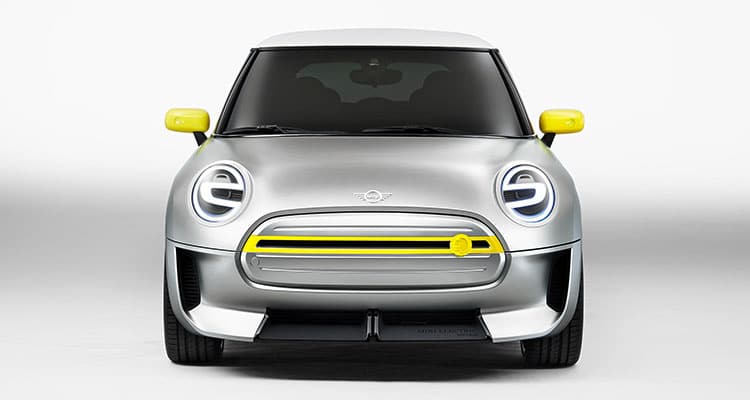
In celebration, 2020 will see the arrival of the first MINI mass production all-electric vehicle following successful testing that started back in 2007 with the MINI E; a vehicle which was developed for field testing and was rolled out to the USA, Germany, France, China and the UK among others. The MINI E was part of BMW Project i which also includes the BMW i3. The MINI E of course, was also later used promotionally during the London 2012 Olympic Games.
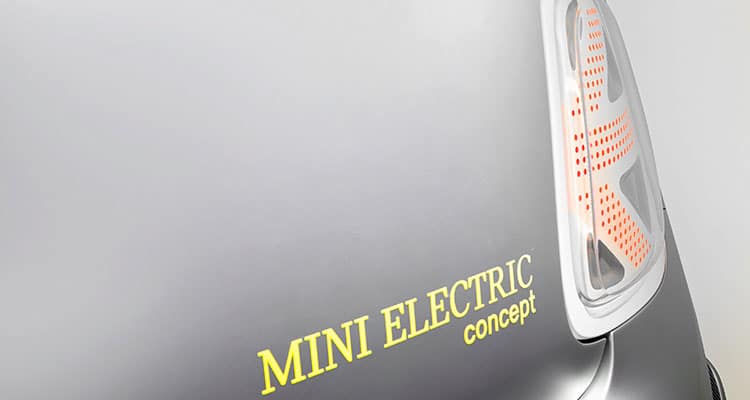
The MINI Electric will launch in 2019 with orders and deliveries from the Oxford factory being completed by early 2020. Currently, the MINI Electric is undergoing Alpine testing in Austria, where lower temperatures will also give the electrics and the battery’s charge keeping ability a thorough looking at. Sensibly, MINI is seemingly not going to meddle with the look and feel of the (new) traditional MINI, and no 5-door is likely to be offered – at least at this stage.
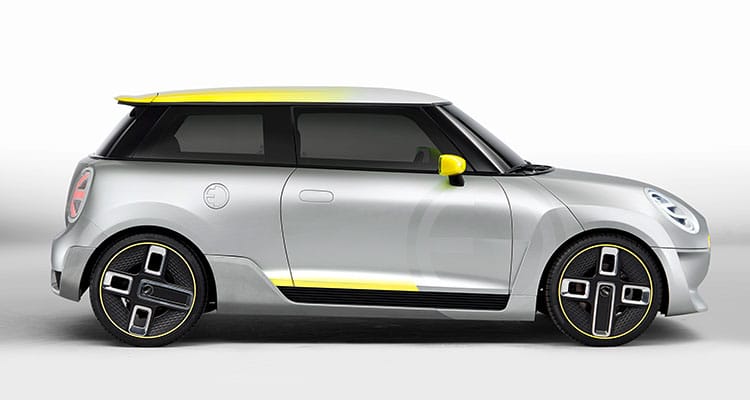
MINI has chosen to take the approach of wanting to visually celebrate that this new MINI is a new MINI. Head of MINI Design, Oliver Heilmer, has stated in past interviews that MINI is constantly developing, with autonomous driving on the agenda as well as the electric vehicle, although he says he wants to ensure that the ‘substance of MINI remains authentic’, yet the MINI’s electric nature will be ‘visible in its details’.
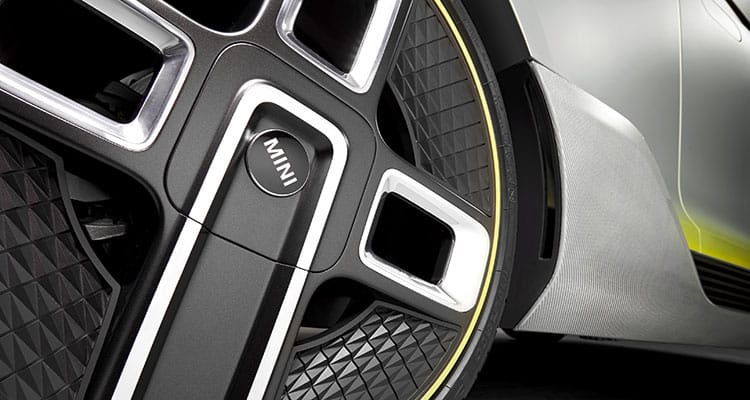
The balance of remaining authentic and allowing the MINI Electric to stand out will be an intriguing balance to pull off. We do know that the concept vehicle’s distinctive ‘cookie cutter’ style wheels and grille will be migrated across to the production vehicle. Specific to the electric, LED headlamps are another possibility for the company’s newest electric small car.
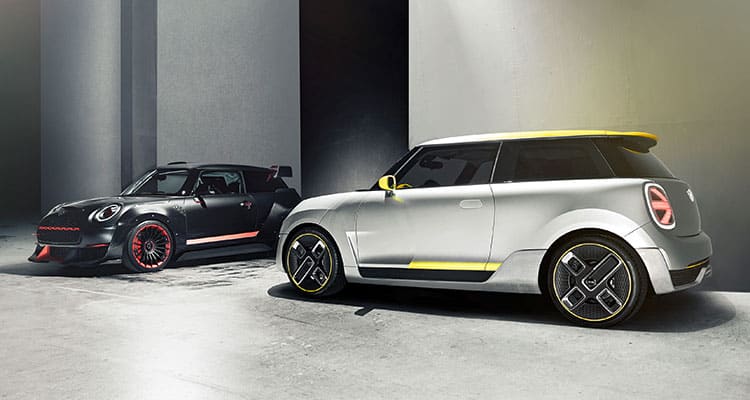
BMW is now established in the field of electric vehicles, and this experience will be utilised in the full electric MINI, with the new 42kWh from the i3 likely to the power plant of choice. The range from this is being predicted at around 200 miles, although don’t be surprised if this turns out to be more, the MINI power to weight ratio is not too bad.
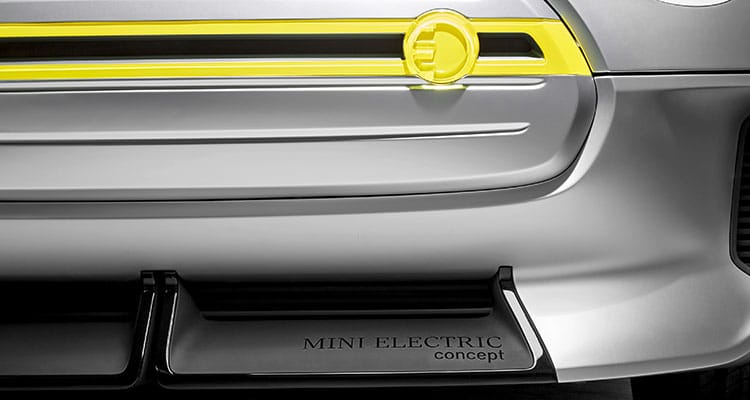
It’s early days, but what of the future of the MINI Electric? Heilmer is already hinting at a John Cooper Works range based on the success of the MINI Countryman plug-in hybrid which has garnered some healthily positive reviews since 2017.
Back in January, Heilmer said about the pending electric MINI that 3D printing would play a part in the design. He also talked about utilising the extra space that should become available due to being able to use a smaller drive system; we will have to wait and see if this referred to this version of the MINI Electric, or future models as battery technology continues to develop.
What do you think of the new Mini Electric concept? Let us know in the comments below!
For more articles like this, receive our weekly e-newsletter, including partner deals and all things motoring, register your email below.
Please note: You cannot subscribe to Smart-Motoring unless you put a tick in the checkbox below to indicate have read and agreed to our privacy policy.



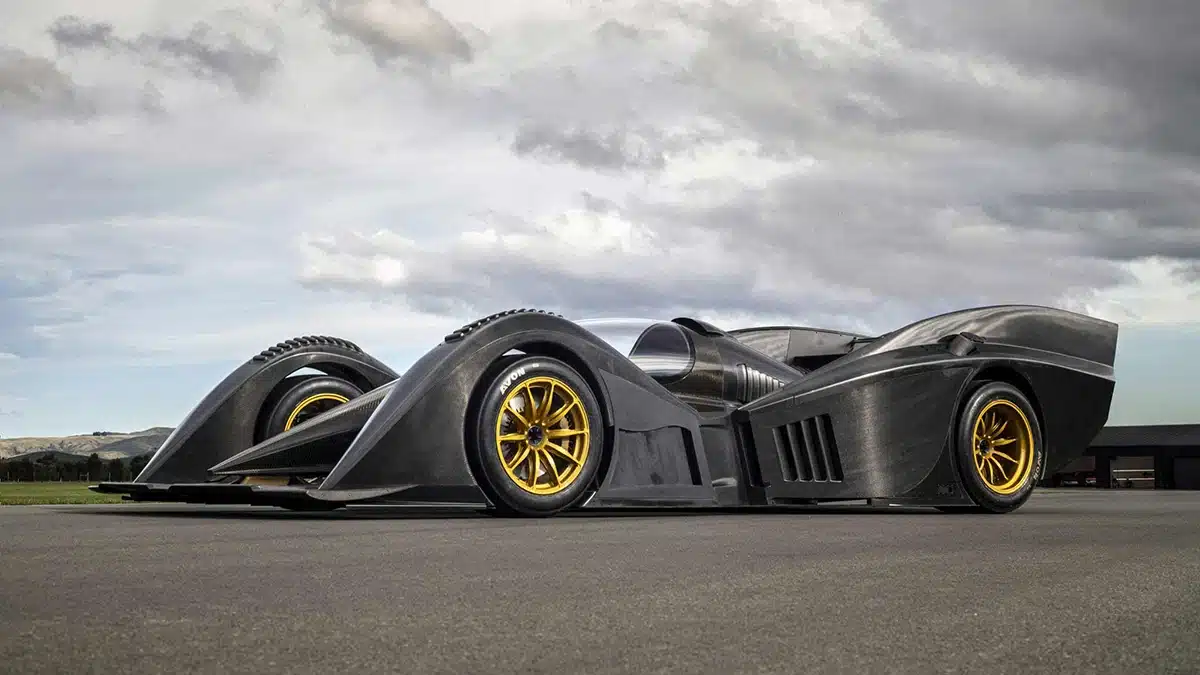
Leave a Reply
You must be logged in to post a comment.